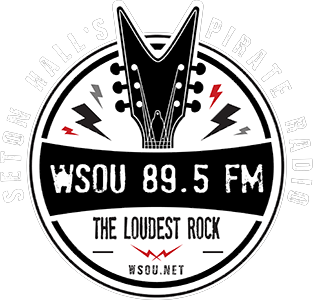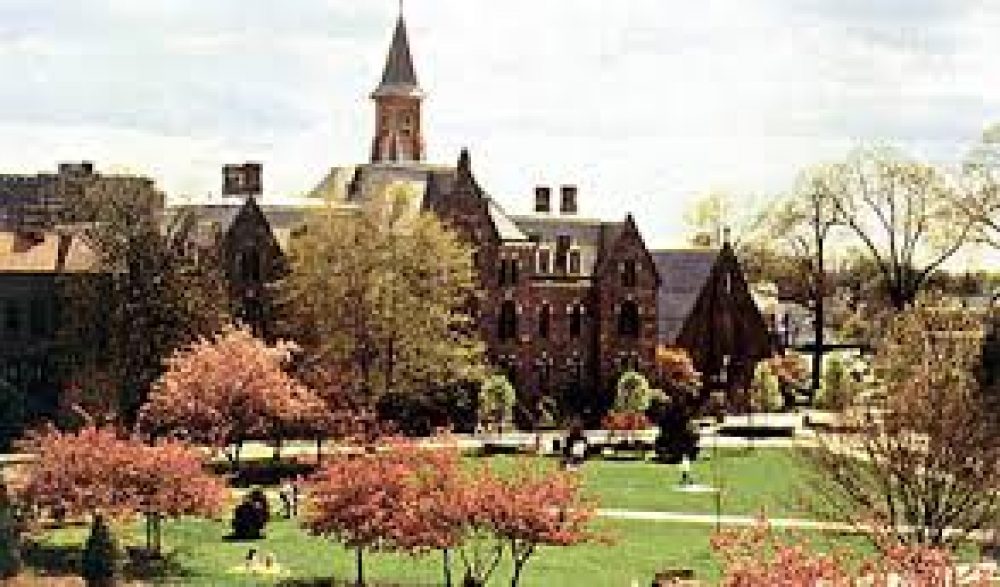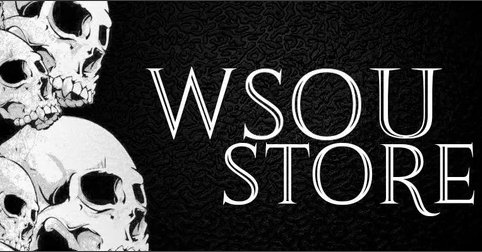Seton Hall
Barry Bonds belongs in the Hall of Fame
Date: June 18, 2020By: Michael Daly
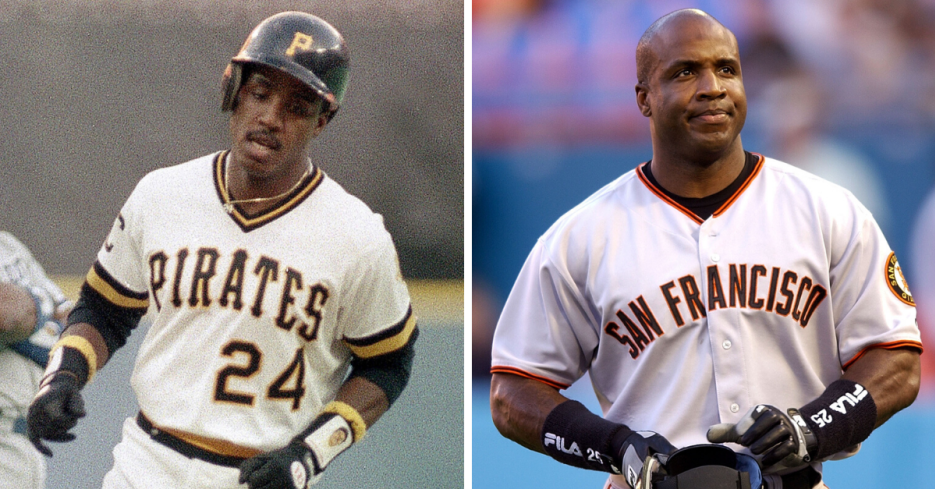
AP Photos/Gene Puskar (left), Steve Mitchell (right)
Former Pittsburgh Pirates and San Francisco Giants left fielder Barry Bonds has a tainted legacy in baseball as a result of testing positive for steroids. The National Baseball Hall of Fame seems to be a reach for Bonds based on his previous history with performance-enhancing drugs.
Bonds deserves a place in the Hall of Fame based on the impact he had on baseball. The steroids cloud how talented he was at almost every facet of the game. If Bonds never used steroids, he would have been a can’t-miss Hall of Famer because he was an exemplary five-tool player.
He belongs in Cooperstown solely because he was a Hall of Fame caliber player before he took steroids, and he was producing at a high level during the latter part of his career after he admitted to using steroids. What needs to be understood about Bonds’ career is that he is undoubtedly a top-five all-time left fielder, with or without steroids. Bonds was an unparalleled superstar, who won eight Gold Glove Awards in the 1990s. Defensively, Bonds was a phenomenal outfielder with one of the strongest arms that baseball has ever seen.
To say that people were disappointed to see Bonds’ name on the list of Major League Baseball players who used PEDs would be a severe understatement. He was the league’s biggest star and he was the most dominant player in baseball history since Babe Ruth.
For someone that only knew Bonds because he used a performance-enhancing substance, would assume that his best skill set was as a slugger. Although Bonds was a 12-time Silver Slugger Award winner, his ability to hit for contact was supremely discounted.
Barry Bonds is a hall of famer
— Trevor Bauer (@BauerOutage) June 15, 2020
He was a two-time National League Batting Champion in 2002 and 2004, and he led the National League in RBIs in 1993. Bonds was the face of the MLB for well over a decade during the 1990s and into the early 2000s. Imagine if a superstar like Mike Trout tested positive for a banned substance in today’s era. There would be an immediate action from fans and the media to delegitimize that player’s accomplishments.
The same thing happened to Bonds when he confirmed the steroid accusations to be true. Everything about his career was questioned. The home runs, hits, MVP Awards, and All-Star selections for Bonds lost their value as determined by the banned substances.
Regardless of the banned substances, Bonds still managed to win a total of seven National League MVP Awards during his 22-season career. One can argue that the performance-enhancing substances aided his success, which in return allowed him to win seven MVPs. What needs to be mentioned in that same argument is that there is not proof that he was taking steroids throughout his entire career, especially when he joined the San Francisco Giants in 1993.
He is lumped in the same company as other steroid users in his era, such as Mark McGwire and Sammy Sosa. The reason why Bonds shouldn’t be associated with McGwire and Sosa is that he would have qualified for the Hall of Fame without taking steroids. Bonds was a better all-around player than the other two sluggers and his statistics were unmatched.
The 762 career home runs rank No. 1 all-time in MLB history and he had eight seasons with at least 40 home runs. Obviously, there is an asterisk next to his home run record, but there is still a tremendous amount of skill required to crush as many home runs as he did, even with the substances in his body.
He hit a minimum of 30 home runs in 14 of 22 seasons, which is a mind-boggling statistic. He was the league leader in on-base percentage a total of eight times. Bonds was the National League on-base percentage leader in three consecutive seasons from 1991-1993, and then he was the on-base percentage leader for four consecutive seasons spanning from 2001-2004.
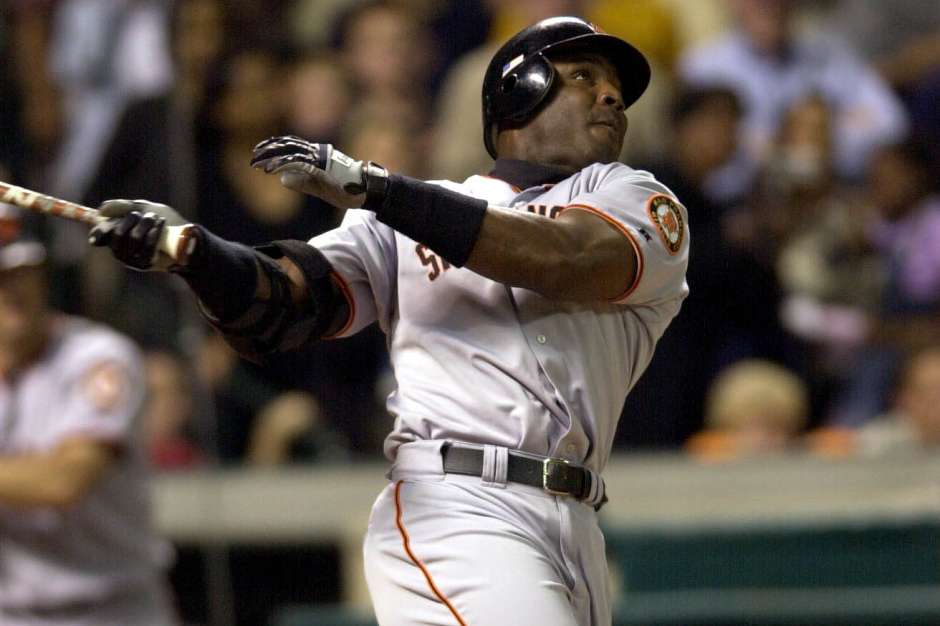
David Philips/AP Photo
If in fact his steroid use is why he is not in the Hall of Fame, it would be hypocritical of Major League Baseball to prevent him from being inducted. The league profited off of Bonds’ name for the more than two decades. If they felt that his steroid use was a heinous violation, then they should have disassociated themselves from him the moment his name appeared on any list. Instead, they investigated his steroid use while the formerly named AT&T Park was packed on a nightly basis with fans waiting to see Bonds hit a home run.
In 2007, an investigative report from Maine Senator George J. Mitchell concluded that Bonds was supplied performance-enhancing substances from BALCO. Mitchell was hired by former Major League Baseball Commissioner Bud Selig to investigate the players that used PEDs.
Something that must be stated about Bonds is that for the first-12 seasons of his career, Bonds never experimented with any outlawed substances. The alleged catalyst for Bonds using steroids was the 1998 single-season home run record chase between McGwire and Sosa. There are players in the Hall of Fame who did nefarious acts on the baseball field to gain a competitive edge like stealing signs, corking bats, and using spitballs.
Bonds would have been a clear cut first-ballot Hall of Famer if he stopped playing prior to the 1998 season. The only players that experienced a negative impact from Bonds’ steroid use were the opposing pitchers. Even when Bonds was clean, he was still an absolute nightmare to face in the batter’s box.
762 HR
— ESPN (@espn) June 15, 2020
7x MVP
14x All-Star
8x Gold Glove
Does Barry Bonds belong in the HOF? pic.twitter.com/Yrn1QA9aEA
The steroid usage had nothing to do with the unmitigated fact that Bonds was the most-feared hitter during his 22 seasons in Major League Baseball. Bonds had 11 seasons with a .300 batting average or better.
The players who used steroids during this era were viewed as pariahs because they disrupted the sanctity of baseball. It is unfair to label Bonds as a pariah because he was welcomed back into the league in 2015 as a hitting coach for the Miami Marlins. Major League Baseball did not have an issue with him teaching players, despite taking steroids and cheating, therefore, he should be a member of the Baseball Hall of Fame.
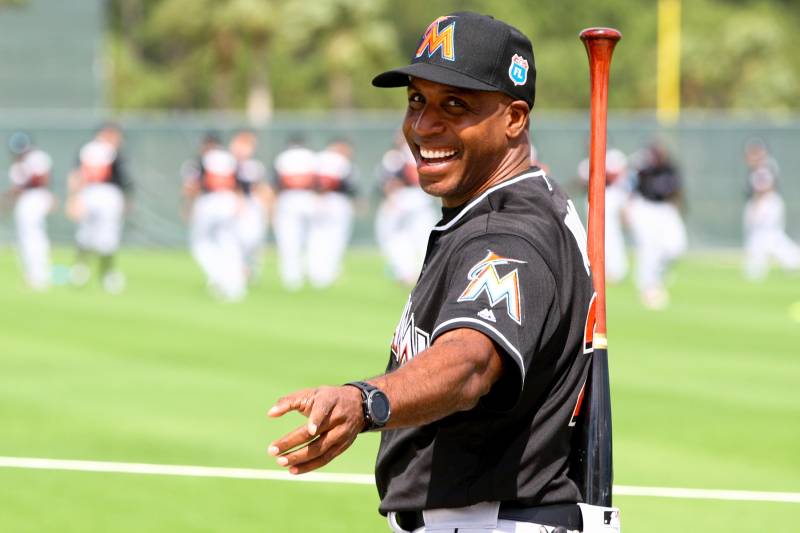
Rob Foldy/Getty Images
The hindrance for Bonds isn’t just Major League Baseball, it is the writers who have votes for the Hall of Fame. As a player, Bonds was not a congenial person, especially when he dealt with the media. His absence from the Hall of Fame could be due in part to his contentious relationship with the baseball writers who covered his career.
The first year that Bonds was eligible for the Hall of Fame was in 2013 and he has remained on the ballot. Bonds has two years remaining on the ballot before he will be removed if he is not selected by the end of the 10-year ballot period.
Most recently, Bonds received 60.7 percent of the required 75 percent of votes for election into the Hall of Fame. This was the highest voting percentage that he received in his eight years on the ballot. The odds of Bonds being elected into the National Baseball Hall of Fame are not great, but it is a shame that he is not enshrined in Cooperstown. Bonds is a Hall of Famer because he would have qualified without taking any banned substances.
Michael Daly is the Station Manager for 89.5 FM WSOU, and can be reached at wsoustationmanager@gmail.com.
